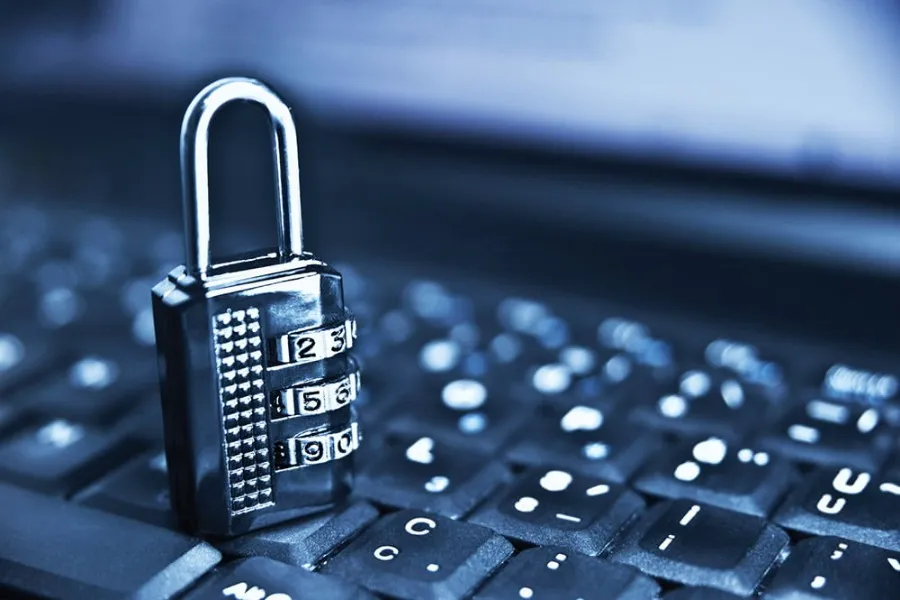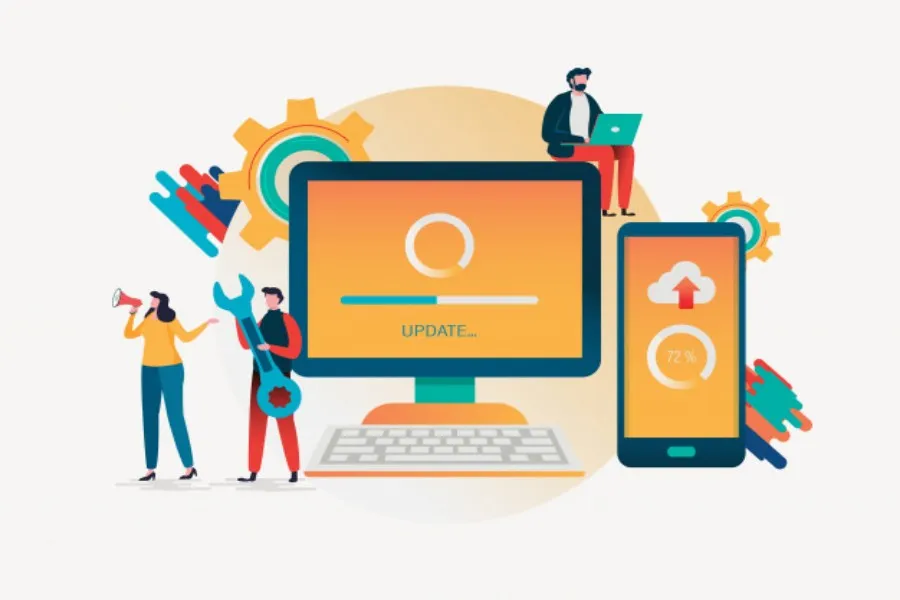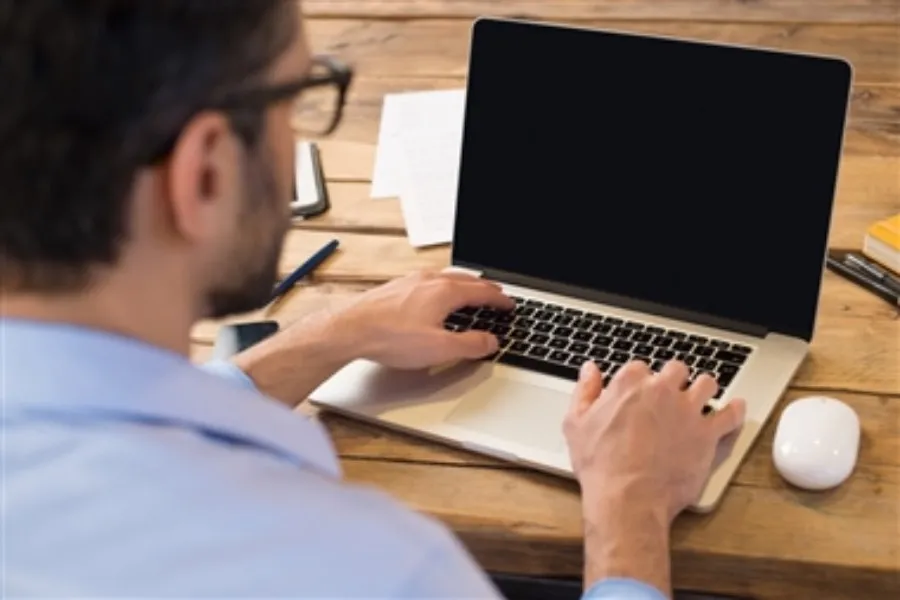How to Keep Your Computer Safe? As technology continues to advance, our reliance on computers grows exponentially. Computers have become integral to our daily lives, from personal laptops to business workstations. However, with increased connectivity comes increased vulnerability to various security threats. Protecting your computer from these threats is essential to ensure your data, privacy, and overall digital well-being.
This article Night Agency will discuss the top ways to keep your computer safe.
1. Install Reliable Antivirus Software
Installing reputable antivirus software is one of the most fundamental steps in computer security. This software detects and removes malicious programs, such as viruses, spyware, and ransomware, that can harm your computer or compromise your personal information. Keep the antivirus software up to date as new threats emerge constantly. Regularly scan your system to identify potential hazards that may have slipped through.
2. Keep Your Operating System Updated
Operating system updates often include security patches that address vulnerabilities discovered by developers. Hackers can exploit these vulnerabilities to gain unauthorized access to your computer. Set your system to automatically download and install updates to ensure you have the latest security fixes. Timely updates are crucial in mitigating potential security risks.

3. Enable a Firewall
A firewall acts as a barrier between your computer and the external network, monitoring incoming and outgoing traffic for potential threats. Make sure your firewall is enabled to provide an extra layer of protection. It helps block unauthorized access attempts and safeguards your computer from malicious activities. Consult your operating system’s documentation to learn how to properly enable and configure your firewall.
4. Secure Your Wi-Fi Network
An unsecured Wi-Fi network can be an open invitation for cybercriminals to infiltrate your computer. Change the default network name (SSID) and use a unique password to prevent unauthorized access. Enable encryption, such as WPA2 or WPA3, to encrypt the data transmitted over your network. Also, consider disabling the broadcasting of your network’s SSID to make it less visible to potential attackers when your computer is under threat.

5. Practice Safe Browsing Habits
Exercise caution while browsing the internet to avoid inadvertently downloading malicious software or visiting unsafe websites. Be wary of suspicious emails, social media links, and pop-up advertisements. Avoid clicking on unfamiliar or suspicious links, which may lead to phishing websites or initiate a malware download. Use a trusted web browser with built-in security features and keep it updated.
6. Utilize Strong and Unique Passwords
Strong, unique passwords are vital to protect your computer and online accounts. Avoid using common passwords or personal information that can be easily guessed. Use upper and lower case letters, numbers, and special characters. Consider using a password manager to store and generate complex passwords for each account securely.

7. Enable Two-Factor Authentication (2FA)
Enable two-factor authentication whenever possible to add an extra layer of security to your online accounts. With 2FA, you must provide a second verification form, such as a unique code sent to your mobile device and your password. This makes it significantly more difficult for unauthorized individuals to access your accounts, even if they manage to obtain your password.
Conclusion
Securing your computer is of utmost importance in today’s digital landscape. By implementing the top ways to keep your computer safe, such as installing antivirus software, keeping your operating system updated, enabling a firewall, securing your Wi-Fi network, practicing safe browsing habits, using strong passwords, and enabling two-factor authentication, you can significantly reduce the risk of falling victim to cyber threats. Remember, computer security is an ongoing process, so stay vigilant and keep up with the latest best practices to ensure the safety of your valuable digital assets.

